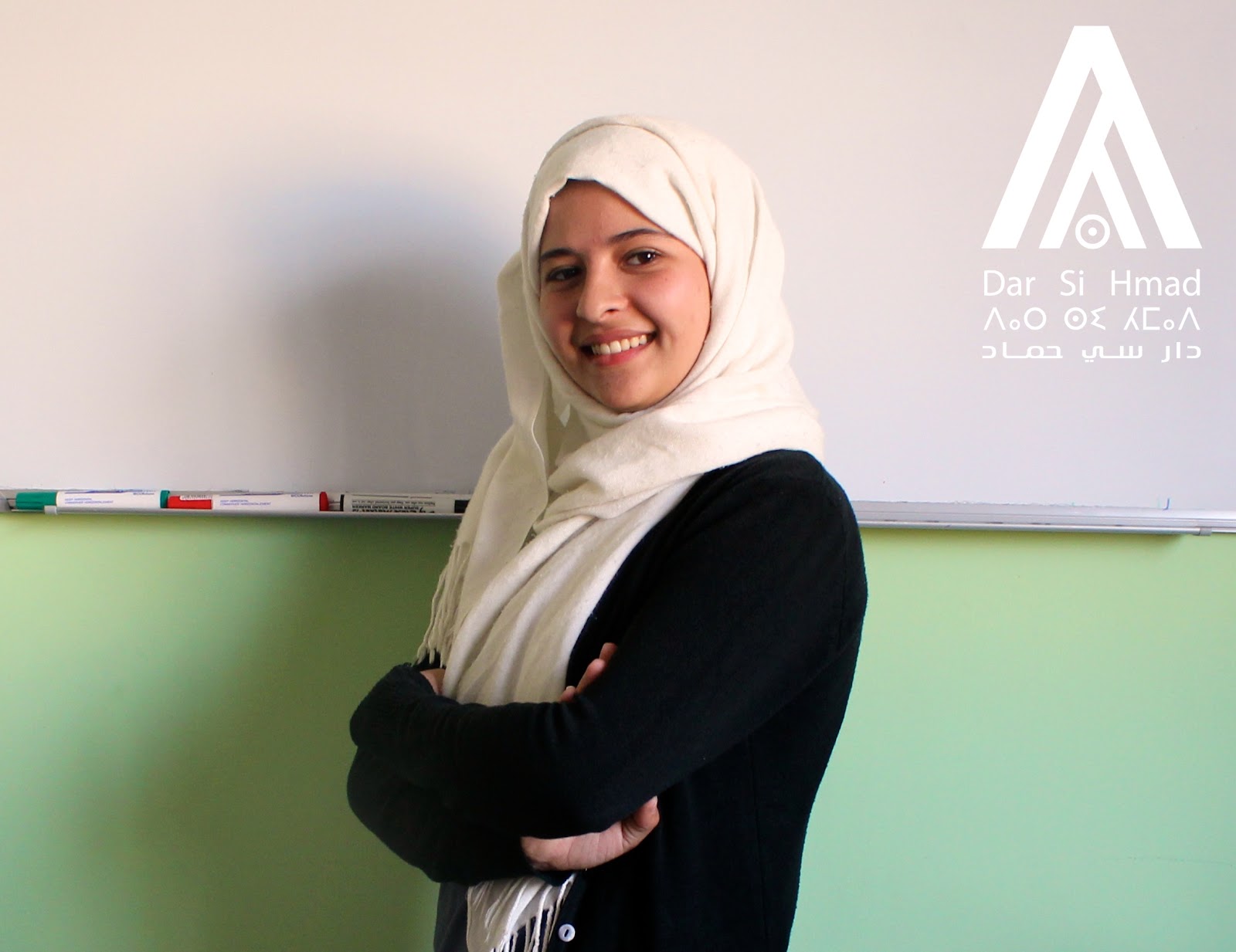In honor of the
UN International Mother Language Day, we would like to offer some reflections on the significance of this day in Morocco, specifically how our work here at Dar Si Hmad advances this year’s theme: quality education, language(s) of instruction and learning outcomes. Tamazight is the mother language of many Moroccans. With its many regional dialects and varieties, the Tamazight language has significantly enriched Morocco’s diverse linguistic landscape.
The Amazigh people, or Imazighen, are an ethnic group and the indigenous people in the region of the Maghreb, including contemporary Morocco, Mauritania, Algeria, Tunisia and Libya. Despite being dispersed through this vast geographical region, the Imazighen understand that there is something that unites them as the people who lived in the region before the advent of Islam by the Arabs from the Arabian peninsula in the 7th to 12th century BC, a period known as the Islamic Conquests. In fact, the Maghreb region itself is referred to as Tamazgha in the Tamazight language, showing how the Amazigh diaspora has historically been bound together.

The word Amazigh, literally meaning “free and noble men,” has been widely adopted by the Imazighen throughout the Maghreb region. While many people refer to Imazighen as Berbers, this term has been rejected by many due to the fact that it originates from the Latin word “barbarus” or “barbarian,” which was initially used by colonial powers to describe the ethnic group when they arrived in the region. If you are ever traveling around the Maghreb region, you will inevitably encounter the Tifinagh letter yaz, a symbol of national unity, painted over walls and across street signs. The letter yaz even appears on the Amazigh flag (pictured above). In recent years, the ancient Tifinagh script, with an alphabet that dates back centuries, has now been adopted by the Moroccan government to codify and popularize the language in public schools and administrations.
While written Tamazight is uniform, the spoken Tamazight language is as varied as the regions that the Imazighen come from. Although there is a standardized Tamazight language, there is still a great variety of dialects spoken throughout the Amazigh diaspora. For our purposes, we will focus on the three predominant dialects of Tamazight spoken in Morocco: Tarifit, Tamazight and Tachelhit, which are spoken in the northern, central and southern parts of the country respectively. Even within the regions in which these Tamazight dialects are spoken, there is linguistic variation, especially when considering the urban and rural forms of speech. The Tachelhit spoken in Agadir, where Dar Si Hmad’s offices are located, differs slightly from the Tachelhit spoken in Tiznit, which is located only an hour and half drive south. The Tachelhit varieties do, though, remain mutually intelligible by people within the region - not the case for the dialects across regions. Native Tachelhit speakers from Agadir often find it difficult to understand Tarifit speakers from northern cities such as Nador. The linguistic picture of the Tamazight language in Morocco is complex, but it ultimately is what makes the country so rich.
For years, Tamazight has been considered a marginalized language, especially following the Arabization of public administration in the period following the end of the French protectorate and Morocco’s independence in 1956. Many Amazigh activists have fought tirelessly to have their language and culture recognized by the Moroccan government, and an amendment to the Moroccan constitution in 2011, have given Tamazight an increasingly legitimate status in society. No longer relegated to being a language spoken primarily in homes and in mountainous rural areas, Tamazight continues to grow in usage, becoming a viable language of communication in which the educated and the illiterate alike are proficient. This was made possible through the work of vocal Amazigh activists who stressed how difficult it is to divorce Morocco of its Amazigh cultural heritage given its historical foundations in the country.
Currently, select primary schools in Morocco teach classes in Tamazight, but classes rarely continue past the primary level. By the time students reach secondary school, most classes are taught in Modern Standard Arabic or French, depending on the area of study. The Faculty of Letters and Social Sciences at some Moroccan universities provide students the opportunity to specialize in Amazigh studies, as is the case at Agadir’s Ibn Zohr University. In the world of academia, this has lead to a period of heightened interest about Amazigh culture and national identity, resulting in more academic publications and cultural preservation efforts.
Dar Si Hmad recognizes and celebrates Tamazight as a Moroccan mother language through a variety of our programs. Our Water School educates young Moroccans from rural primary schools in the mountainous region of Ait Baamrane, who are direct beneficiaries of our innovative Fog Project, on water usage, ecological sustainability and environmental conservation. To ensure that the program is accessible to students, all of our sessions are taught entirely in Tachelhit.
In addition to making the course content accessible to our students, teaching our sessions in Tachelhit has made the concepts we convey to our students more understandable because there is no language barrier to prevent their understanding. As a result, our Water School participants have been able to translate the skills they learn in our sessions to their daily lives without the need to work in two languages.
In addition, Dar Si Hmad’s Ethnographic Field School (EFS) program, which hosts international researchers and students to study Morocco’s diverse cultural, linguistic and environmental landscape, provides Modern Standard Arabic, Moroccan Darija and Tachelhit language classes to those who are interested in engaging with locals in their native tongue. EFS students have remarked that an exchange of only a few words in Tachelhit goes a long way when forging relationships because it has shows initiative to go the extra mile to speak the native language and explore the nuances of local cultures. Next time you’re in town, try greeting local contacts with a friendly “Azul!” (Hello!)
 |
| Seattle University students learn Tachelhit through Dar Si Hmad’s Ethnographic Field School program |










